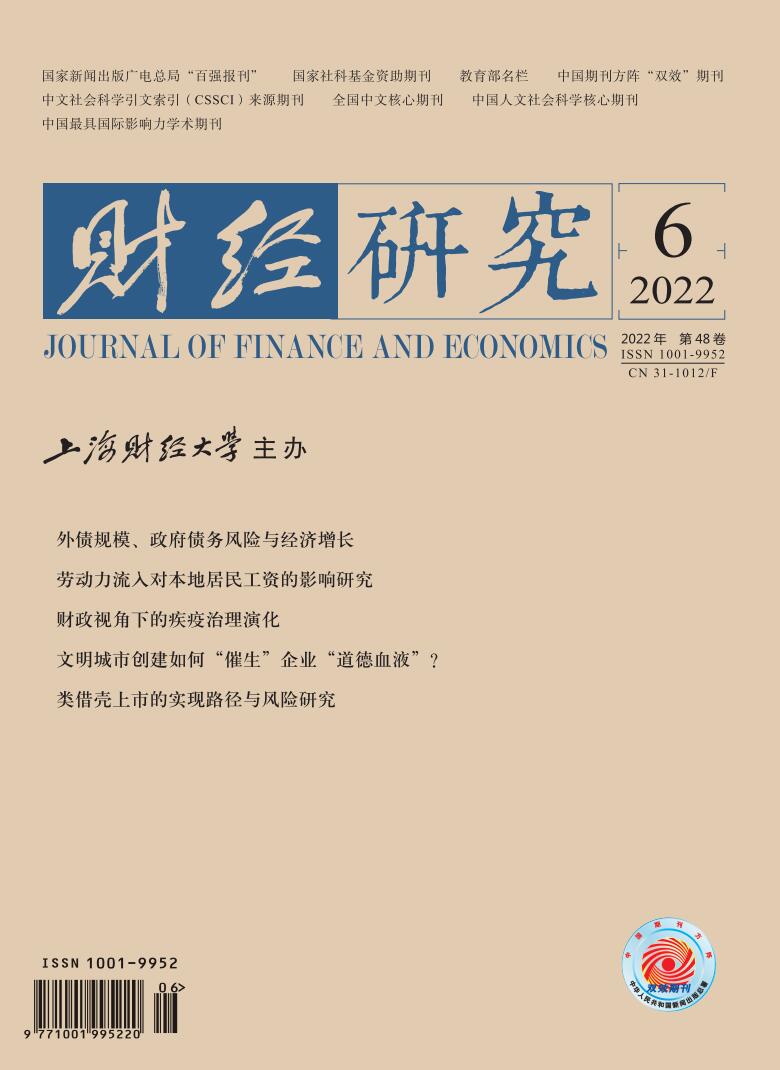Most of the studies have analyzed the impact of external whistleblowing and industry associations on the stability of horizontal agreements from the theoretical level, and believe that the external whistleblowing has an adverse impact on the stability of monopoly agreements because of high law enforcement efficiency brought by the efficient information mechanism. However, the effect of industry associations is uncertain, as industry associations may promote the coordination among member companies, or may become the assistants and information recorders of anti-monopoly law enforcement.
Based on the micro data of monopoly agreement case files in China from 2008 to 2021, this paper examines the impact of external whistleblowing and industry associations on the stability of monopoly agreements by using the survival analysis method. We find that: (1) The external whistleblowing has a negative impact on the stability of monopoly agreements whether the concept of external whistleblowing is in a narrow way or a broad way. (2) Further analysis shows that only the impact of direct external whistleblowing is significant. (3) Industry associations can also reduce the stability of monopoly agreements. (4) The result between industry associations with different roles is consistent, which means that as both the organizer and the coordinator, industry associations will shorten the duration of monopoly agreements by affecting the survival risk. (5) The increase of member companies will improve the participation probability of industry associations.
The contribution of this paper is mainly reflected in the following aspects: Firstly, the important roles of external whistleblowing and industry associations are examined from the perspective of anti-monopoly law enforcement. Secondly, the objects of this study are horizontal agreements reviewed by China’s anti-monopoly authorities from the implementation date of the Anti-Monopoly Law in 2008 to July 2021, which are in line with China’s reality and have strong practical significance. Finally, most of the current studies on the factors of the stability of horizontal agreements are concentrated in the theoretical level while the empirical ones are very limited. This paper is an early attempt to develop the quantitative study of monopoly agreements in China, which has enriched the empirical research on the stability of monopoly agreements.





 4822
4822  6237
6237

